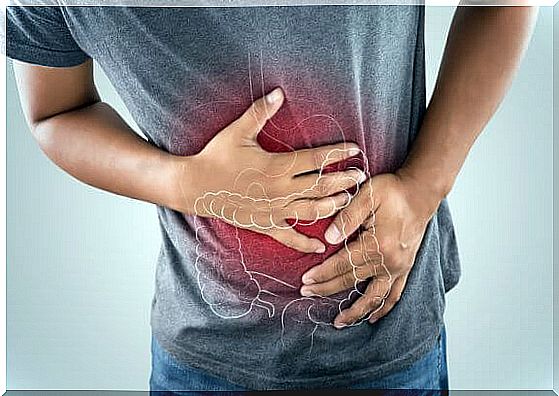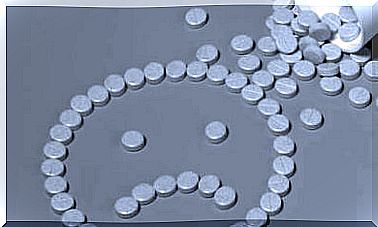Chronic And Acute Diarrhea: Causes And Treatment
Diarrhea, both chronic and acute, is a very unpleasant digestive disease that can also be accompanied by other symptoms.

Diarrhea can have serious consequences, but it is usually quite harmless. Pay attention to symptoms and side effects in order to correctly assess the severity of the disease and to see a doctor in good time.
When do you talk about diarrhea?
According to the World Health Organization (WHO), diarrhea is a bowel movement that occurs liquid or semi-liquid more than three times in a 24 hour period. In children, this condition is more difficult to define because infants can be “blessed” with several liquid stools per day without having to be concerned.
In most cases, diarrhea is defined as a sudden change in the rhythm of the bowel in relation to the habitual patterns of each individual. In this case, one can speak of two types: chronic or acute diarrhea, with significant differences in cause and treatment.
The first form, acute diarrhea, is the most common and lasts less than two weeks. On the other hand, chronic diarrhea is the digestive disorder that lasts more than 14 days and can have multiple causes.

Chronic diarrhea
Chronic diarrhea is a common problem. Unlike acute diarrhea, which we will explain later, chronic diarrhea is always harmful to the body. In general, this means that the way water is transported in the intestine has changed.
Chronic diarrhea is usually not contagious. However, diarrhea can also be caused by parasites and is usually a symptom of a serious illness. The most common causes are:
- Colon cancer
- Ulcerative colitis
- Crohn’s disease
- diabetes
- Drugs
- Addison’s disease

treatment
The treatment of chronic diarrhea always depends on the cause. For example, if it is celiac disease, a gluten-free diet should be eaten. If it is a form of infectious enterocolitis, the cure involves giving antibiotics.
Chronic indigestion like this always belongs in the hands of a doctor. Be sure to let them know if you’ve traveled in the past. This can be very helpful for the diagnosis, for example when it comes to parasites that do not exist in the home.

Acute diarrhea
Acute infectious diarrhea is a syndrome characterized by inflammation or dysfunction of the bowel caused by a microorganism or its toxins.
As mentioned earlier, this disease lasts less than 14 days and is defined by unformed bowel movements that occur 3 or more times a day. These symptoms can be accompanied by other symptoms such as nausea, vomiting, abdominal pain, and fever.
Acute infectious diarrhea is the first or second cause of death in most developing countries. It occurs mainly in children as a result of a state of dehydration. In contrast to chronic diarrhea, this digestive disorder is a defense method for the organism.
Because of this, it can be said that it is not inherently harmful as its purpose is to “cure” us of this infection.

Causes of Acute Diarrhea
The main cause of acute diarrhea is infection. It is usually acquired primarily through the fecal-oral route, through food, or through contaminated water.
These episodes are mostly self-limiting; this means that they will go away without treatment. The main microorganisms that cause diarrhea vary according to the age and health of the patient.
Among the most common we find:
- Rotavirus (in children)
- Adenovirus
- Campylobacter
- Escherichia coli
- Salmonella
- Giardia

treatment
The basic principles of treatment are:
- Prevention and correction of dehydration
- Improvement in symptoms and
- Control of infection.
Fluid replacement is the common and most important treatment for all diarrheal diseases. The dosage form can be oral or intravenous in the case of severe fluid loss using sera.
In addition, the use of probiotics is recommended, which increases the beneficial intestinal bacteria and helps eliminate infectious agents. All of this, along with a gentle diet, forms the main line of treatment for acute diarrhea.
On the other hand , antidiarrheal agents like loperamide decrease the number of stools and limit water and electrolyte loss.
These drugs work by reducing bowel movements and slowing down bowel passage. They also have minimal effect in reducing intestinal secretions. In some cases, however, its use is contraindicated because of the risk of the concentration of the infectious agents in the intestine.
Finally, it should be noted that antibiotic treatment is controversial. Most cases of acute diarrheal infectious disease will be mild and self-limiting over time, so they will not need these medications.









